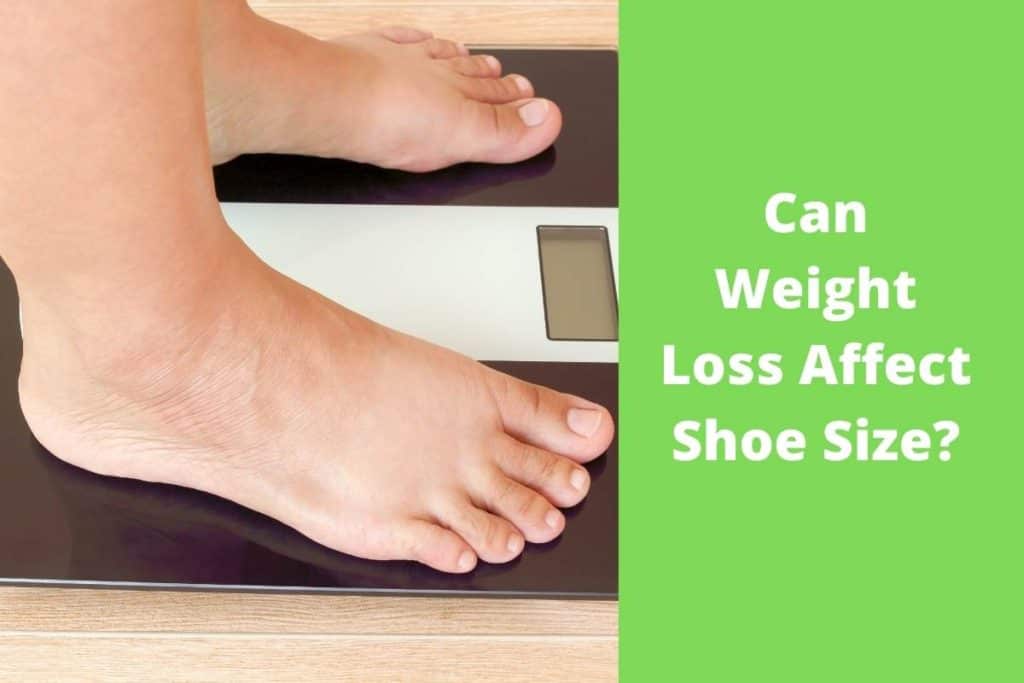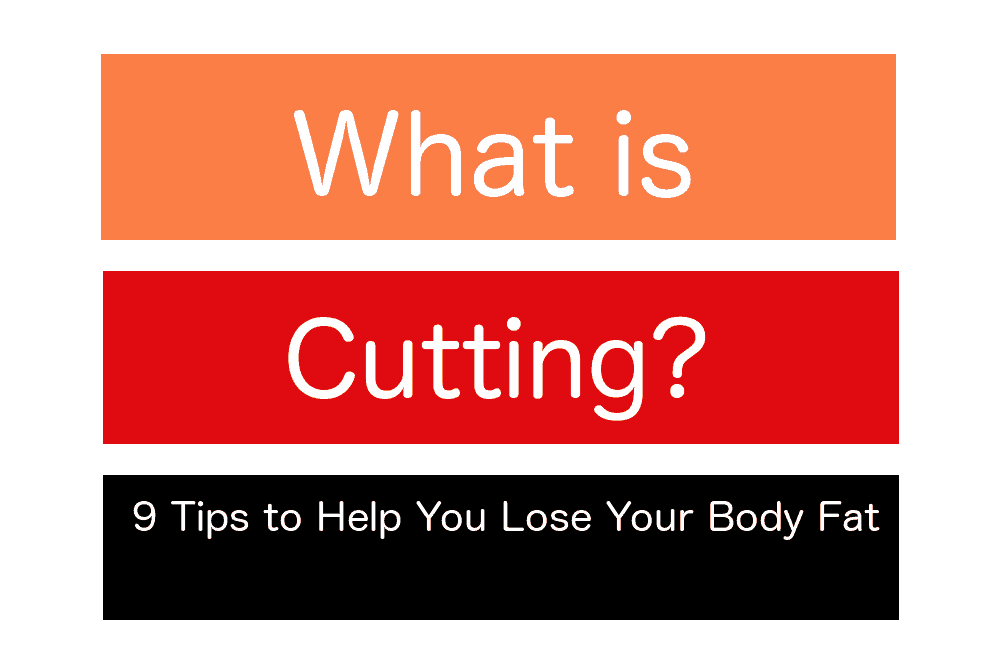When it comes to weight loss, many people think of their waist, hips, and thighs reducing in size, but did you know that losing weight affects feet size too?
Does Weight Loss Affect Shoe Size? Depending on much weight you lose, the size of your feet is bound to reduce considerably. You may not only need to buy new clothes, but you may also need to invest in a new pair of shoes.
Losing weight is also going to reduce stress on your feet due to obesity and overweight issues. Oh, and feet do suffer when you carry extra pounds.

How Extra Weight Affects Your Feet
Feet play a crucial role in supporting a person’s body weight. When you put on extra weight, your feet are going to feel additional stress.
According to the New York Times, feet absorb about 120 percent of your body weight. As time passes, your feet are going to lose their elasticity. The ligaments of your feet become stretched as muscles strain to support extra body weight. The natural fat pads in the sole of your feet reduce considerably, too.
A lot of chronic foot problems are due to extra body weight. Signs that your feet are under strain include inflammations and heel pain. When the cushioning fat supporting your sole reduces, you may start experiencing painful swellings along the bottom of your feet. This condition is called plantar fasciitis due to the swelling of the fibrous tissue of the same name.
While massaging and stretching can help deal with the problem, they are not long-term solutions. Cutting down the extra weight is the best approach.
Extra body weight also makes edema worse. Edema is the irregular swelling of ankles, legs, and feet. If someone has a larger body size, the swelling is going to be even worse.
Feet problems are even worse if a person is overweight and diabetic. Circulation of blood is affected, meaning fewer nutrients reach the feet, wounds take longer to heal, and the patient starts losing feeling around the toes.
Foot concerns affect a person’s shoe size. Not only will you need shoes that are larger than your normal size, but you may also miss out on your favourite brand’s shoe models because they don’t have them in the size that fits your feet. For example, they may be too narrow in the front, leaving no room for your toes to wiggle.
How Does Weight Loss Affect Your Shoe Size?
Since excess body weight makes your feet swell more than the actual bone size, various foot concerns can be alleviated by shedding a few pounds. Shedding off a few extra pounds won’t reduce the length and actual bone structure, but it could help reduce the width so that you can fit into smaller shoes.
If you drop extra weight, your feet will be under less force; consequently, some or even all of the pain should go away. And you don’t even need to lose so much weight. Just 5-10 pounds should lead to relief in your feet.
Weight loss also reduces the impact of gravity on your lower body. The more weight you carry, the higher the gravitational pressure on your feet, increasing swelling even further. Cutting down excess body weight helps avoid this effect. You will notice that you can now lace your shoes tighter with less lace because your feet have shrunk.
What Kind Of Weight Loss Leads To Smaller Shoe Sizes?
While losing weight affects shoe size, it’s not every kind of weight loss. Usually, people who have put on a lot of weight are going to feel more relief in their feet if they lose a few pounds. But if you have not put on so much weight, you may not feel the difference.
Also, it depends on where the fat is stored. If the fat is stored in your belly, you are not likely to feel your feet have shrunk than when, say, the fat is distributed evenly from head to toe.

Can You Lose Weight In Your Feet?
You’ve probably read an article somewhere claiming to show you how to lose belly fat, thigh, or even arm fat and are wondering if it is possible to do the same for your feet.
Well, the answer is no; spot weight reduction is not possible. When you perform physical activity, your body breaks down fat from all over the body, not just a particular spot.
Therefore, while local exercises won’t help you reduce fat in a specific area, they surely help cut down overall body weight. Consequently, you lose fat from the spot you desired, though it may not be as fast as you wanted it.
How To Help Your Feet When Losing Weight
Ultimately, for skinny feet, you need to cut down overall body weight. You can benefit from a healthy diet and regular exercise. If you need help to kick start your weight loss, check out my article on low-calorie meal planning.
Begin with 30-minute walks daily, try to find the physical activity you like, and make it a part of your daily routine.
Moving helps burn more calories, but in case of swelling, movement may be strenuous. Try other physical routines that don’t strain your feet too much. Consult your doctor for help in case of chronic swelling. Issues with blood circulation may be helped by using compression socks and dietary changes.
Conclusion
Weight loss affects a person’s shoe size; while it doesn’t change the actual foot bone structure, it reduces swelling and inflammations so you can fit into smaller shoes. Struggle no more with ugly shoes when you can work your way to slim feet and fit into the most fabulous narrow shoes to suit your fancy.



